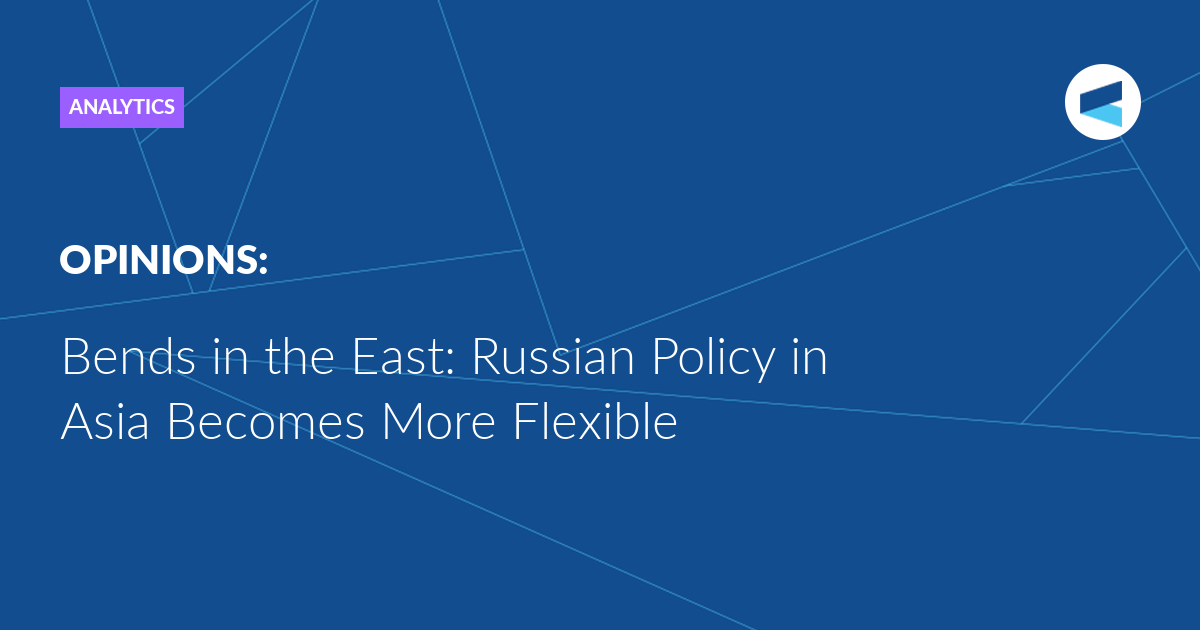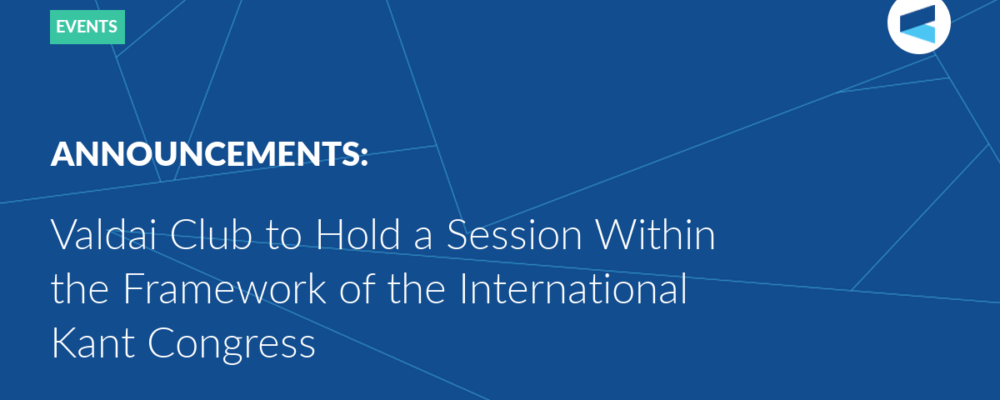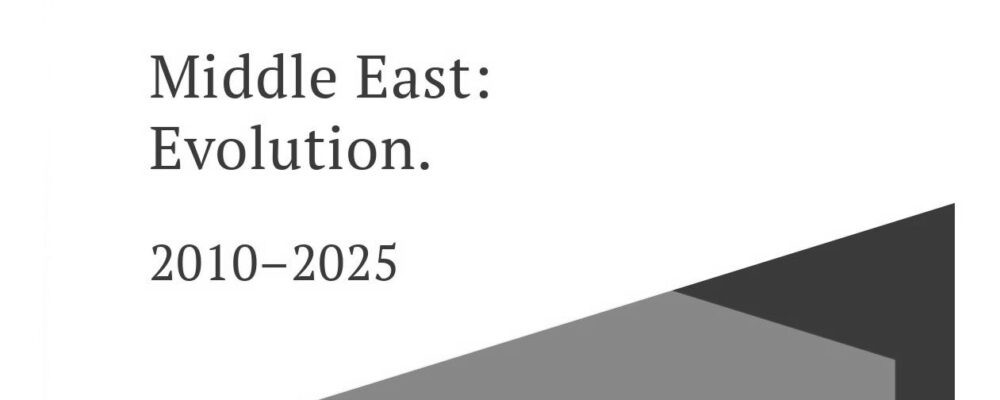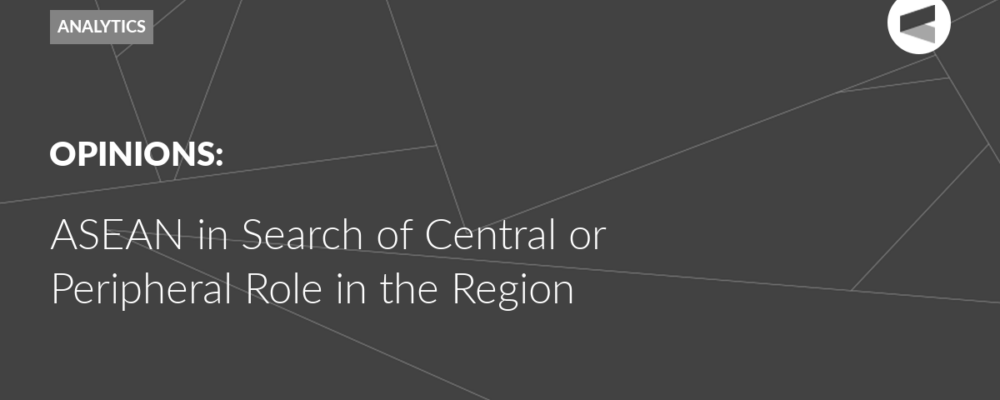It is now most promising for Russia in Asia to focus on dialogue with individual countries in the region, taking into account the interests of each of them and its own. But strengthening relations at the country level is a matter of painstaking work by diplomats and business, of little interest from the point of view of public policy and the media, writes Valdai Club Programme Director Timofei Bordachev.
The most erroneous way for Russian policy to develop in Asia would be for Moscow to concentrate on interaction with regional institutions and platforms — “fraternal cemeteries”, where individual opportunities are drowned in the need for everyone to come to a common average denominator.
Moreover, now these institutions have become an arena of confrontation between China and the United States, which are completely unrestricted in using them exclusively in the interests of their struggle. Previously, only Americans did this, which turned most regional venues into completely meaningless gatherings, like international conferences. Now China has joined them, also promoting its agenda. As a result, there has been a reduction in the space for positive interaction within such platforms as APEC or the East Asia Summit (EAS), which just a few years ago were considered important for promoting Russian interests in Asia. Therefore, it is now most promising for Russia in Asia to focus on dialogue with individual countries in the region, taking into account the interests of each of them and its own.
“Russia’s pivot to the East” was seen from the very beginning as a project aimed not only at increasing the scale of trade and economic relations with Asian states, but also as an important way to increase Moscow’s political presence in this region of the world. We must take into account that the “pivot” began in a fundamentally different historical era, when the world continued to live according to the rules of globalisation, created under the leadership of Western countries and primarily in their interests. Now the situation in and around Asia has changed significantly. First, general economic openness itself is gradually eroding under the pressure of Western sanctions against China and Russia. Second, in the context of many major military-political crises involving the great powers, the preservation of international institutions, which in previous years acted as the main agents of political globalisation, has been called into question. Third, in Asia itself, multidirectional processes associated with the aggravation of Chinese-American contradictions and the risky position of regional powers amid these conditions are gaining strength. Finally, over the past couple of years, Russia itself has significantly expanded its system of foreign economic relations towards Asia. The incentive for this was the conflict with the West and its sanctions pressure, while almost all Asian countries remain friendly towards Russia.
The Valdai Discussion Club was established in 2004. It is named after Lake Valdai, which is located close to Veliky Novgorod, where the Club’s first meeting took place.
Please visit the firm link to site






